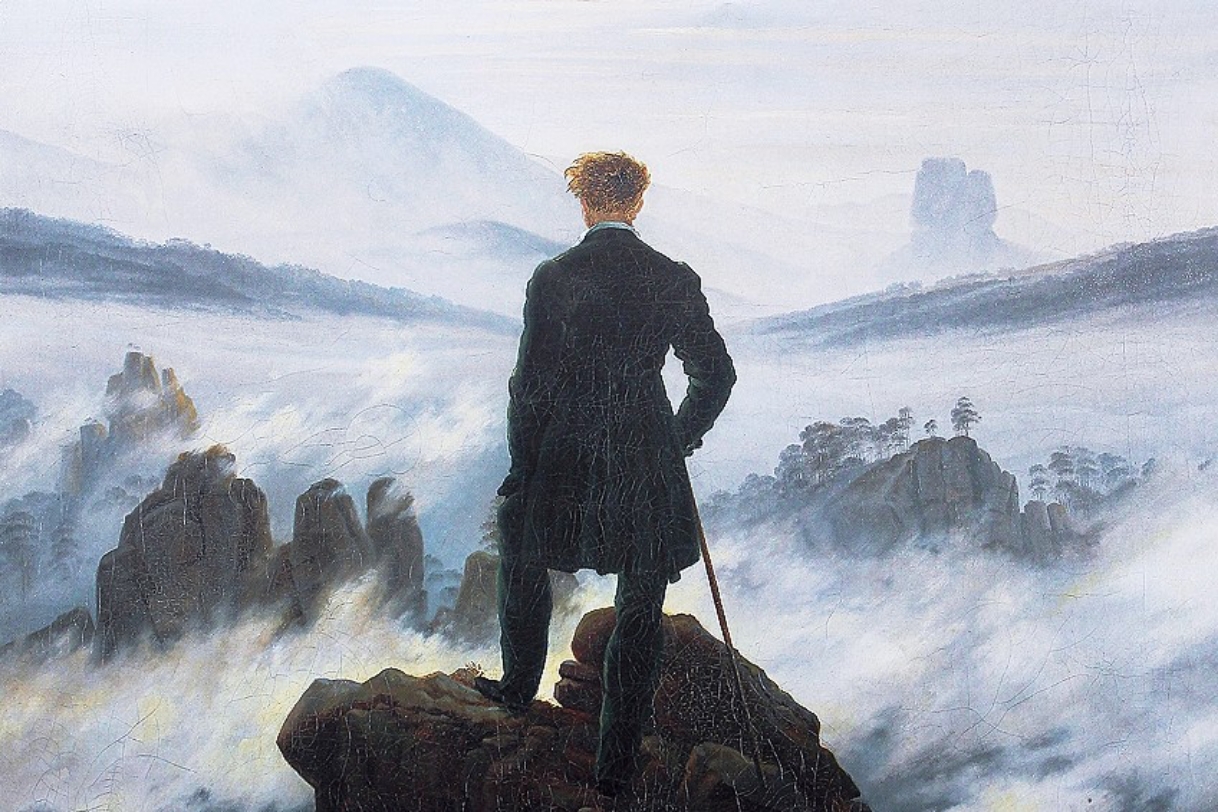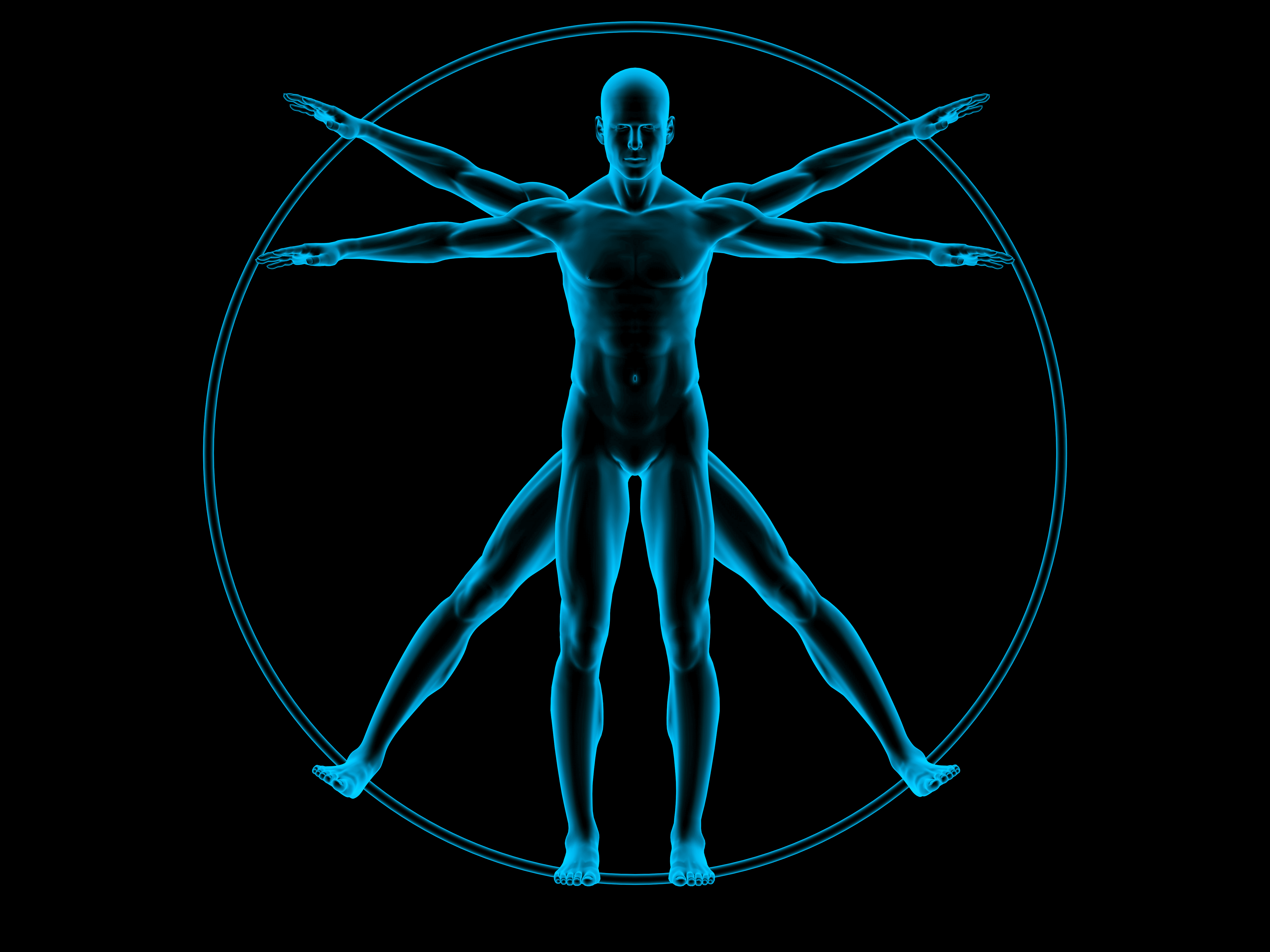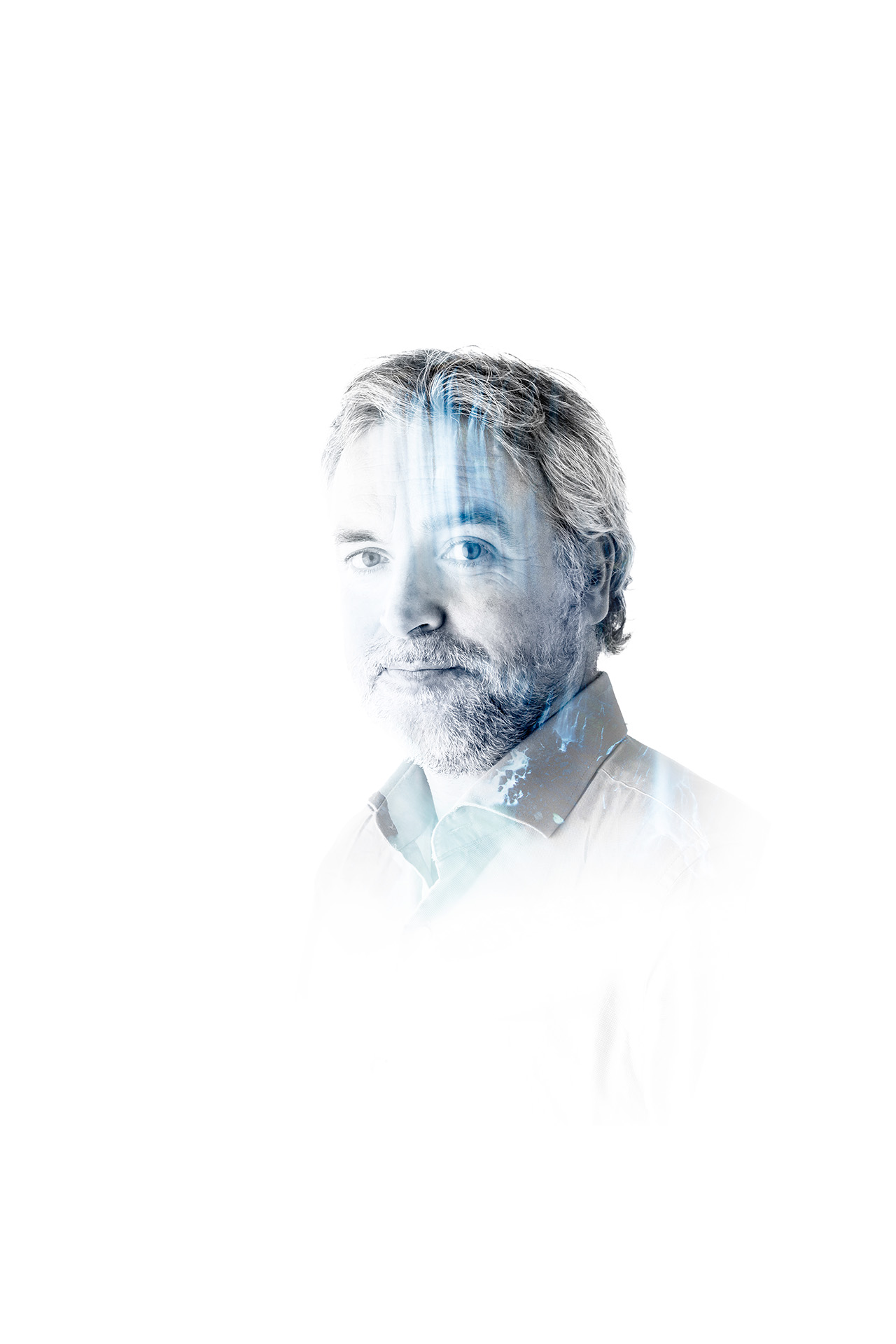Josep M. Coll, PhD
As an independent consultant, he accompanies and coaches organizations, executives and entrepreneurs to transition to the new regenerative business paradigm.
He is the author of four books on sustainability and regeneration and he regularly speaks on systems thinking and leadership, conscious entrepreneurship, sustainable development, sustainable business and innovation, the new business paradigm and new futures thinking across the world.
Meet me in “East Asia”
years living there
hours studying Taoist metaphysics
Korean food meals
What is East Asia’s greatest gift to humanity?
As a western scientist educated under the Newtonian/Cartesian scientific paradigm, my encounter with Buddhism and Taoism in East Asia was a turning point in my life. What really fascinated me most about these perennial philosophies was their view of the human being as a ‘small universe’. It is ‘us’ who contain the capacity to liberate ourselves from our own suffering and thereby from the suffering of our planet.
So I started my inner journey. Who am I? Why was I born? Who are we as humans? What should be our place in this World? The practice of Zen and the study of Taoist metaphysics during my years in South Korea allowed me to (re)connect with my true self and inquire on the fundamental nature of life.
For some time, I explored my two fields of inquiry -sustainable business and the wisdom of perennial philosophies- separately. How could I make sense of combining my spiritual pursuit with my professional passion? They seemed at odds with one another. Nonetheless, the more I deepened my study and practice, the closer they became. I finally realized that the real value was in bridging these disciplines, so I chose to work on this middle path as my way to bridge the human-nature divide that stands out as the root cause of our crises.
It is since then that I apply East Asian perennial philosophies into practical systems approaches and methods for regeneration at the individual, organisational and socioeconomic level.

Meet me in “Wandering”
countries visited
different countries
l lived in
countries in which I have
worked through projects
What is a wanderer?
I’ve always felt deep in my heart I am a wanderer. I love traveling without a clear aim or purpose, just for the sake of it. Traveling to me is not just visiting a different place, or meeting different cultures or eating different foods. Traveling is a lifestyle, a way to be in the world, a way to walk without a predetermined path. It is an encounter
with oneself: an unfolding of one’s essence, an emergence of one’s true spirit, a discovery of one’s identity.
At the beginning I thought that I was a wanderer when I was only traveling. But I later realised that you can be a wanderer wherever and whenever you are. It’s just a way of being in this world, here and now.
As poet Antonio Machado once wrote: “walker, there is no path, the path is made by walking”.

Meet me in “Systems thinking”
days a year thinking
about systems
people trained in
systems thinking
books read on
systems thinking
Why become a systems thinker?
At this point, it’s hard for me to define myself. But if I had to, the way I would probably feel most comfortable with is as systems thinker. It resonates with what I do: bridging business & nature, East & West, science & arts, technology and ecology, inner and outer worlds.
Thinking about systems is thinking about the world and how we relate with our world so we can improve it. Simply put, it is about thinking about creating better systems for a better life.
In my case, systems thinking allows me to fulfill one of my deepest values: curiosity for (always) learning. And this learning has so much to do with what Leonardo da Vinci already envisioned through the observation of nature: “learn how to see. Realize that everything connects to everything else”.

Do you feel like you don’t know me enough?
Things I like
To Read
To Do
To See
My deeper question
